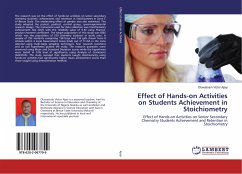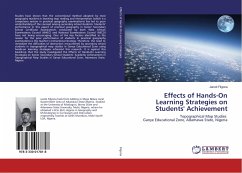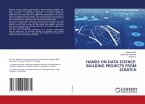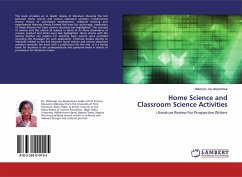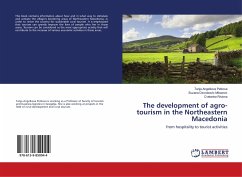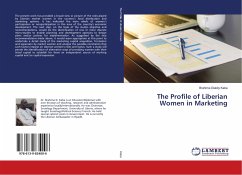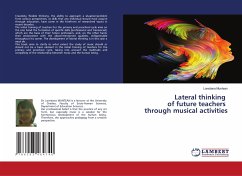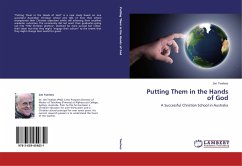The research was on the effect of hands-on activities on senior secondary chemistry students' achievement and retention in Stoichiometry in Zone C of Benue State. The moderating effect of gender was also examined. The study adopted the pretest, posttest, control group, quasi-experimental research design. The instrument used for data collection was Stoichiometry Achievement Test (SAT) with the reliability value of 0.92 using Pearson product moment coefficient. The target population of this study was 8381 which was the population of SSII chemistry students in study area. A sample of 292 students comprising 158 boys and 134 girls drawn from 8 schools within 4 Local Government Areas (LGA) out of 9 LGA in the zone selected using multi-stage sampling techniques. Four research questions and six null hypotheses guided the study. The research questions were answered using Mean and Standard Deviation scores while the hypotheses were tested at 0.05 level of significance using Analysis of Covariance (ANCOVA). The study revealed that students taught stoichiometry using hands-on activities had significantly higher mean achievement scores than those taught using demonstration method.
Bitte wählen Sie Ihr Anliegen aus.
Rechnungen
Retourenschein anfordern
Bestellstatus
Storno

